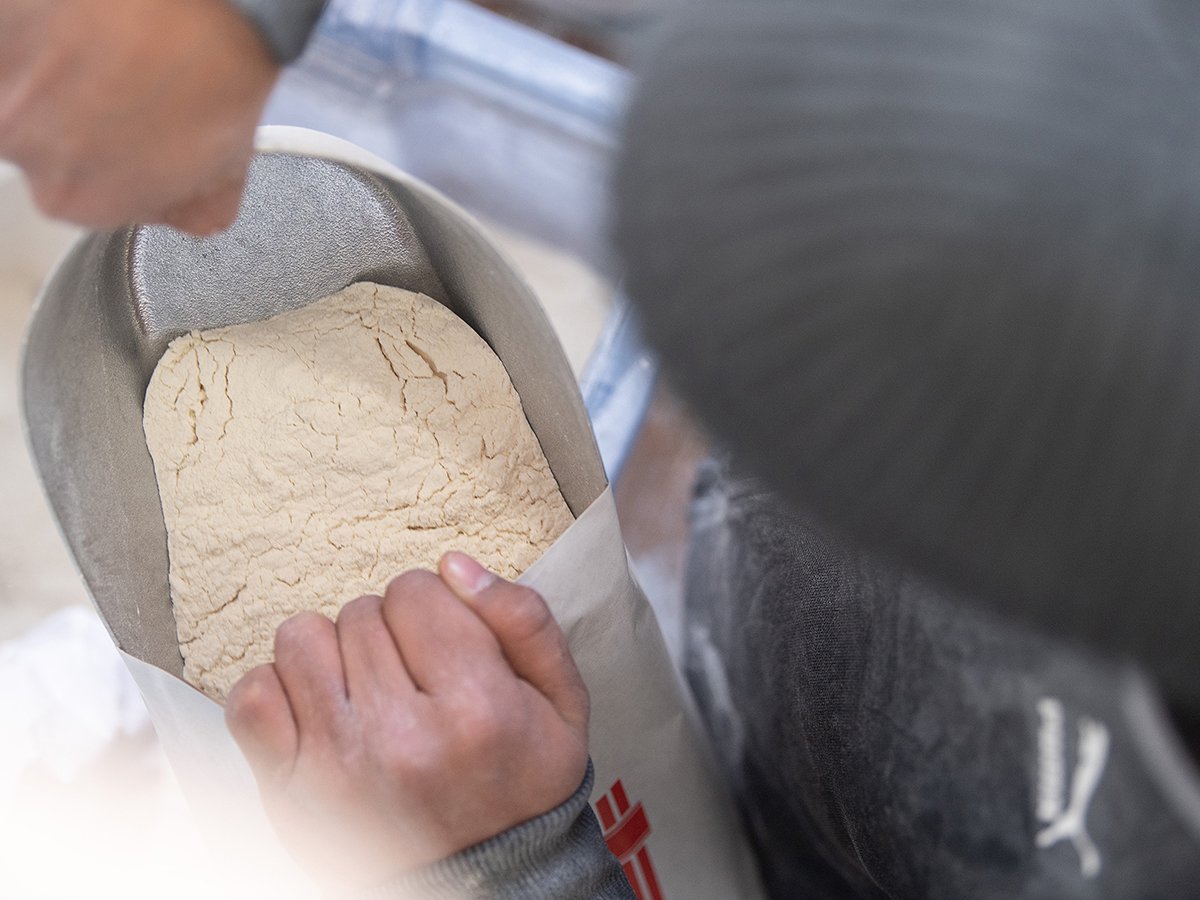SASKATOON — A couple of grain industry analysts believe Trump’s proposed tariffs will resurface.
“I think the tariffs against Mexico and Canada are coming back,” Dan Basse, president of AgResource Inc., recently told World Grain.
Follow all our coverage of the tariffs situation here
Read Also

Russian wheat exports start to pick up the pace
Russia has had a slow start for its 2025-26 wheat export program, but the pace is starting to pick up and that is a bearish factor for prices.
He is referring to the 25 per cent import tariff on a long list of Canadian and Mexican products that U.S. President Donald Trump planned to implement on Feb. 4.
Trump agreed to a last-minute 30-day reprieve for both countries after securing a variety of commitments regarding border security and drug trafficking.
Basse thinks the tariffs will be back on the table following the 30-day hiatus, and that would be problematic for Canada’s grain trade.
“I don’t think fentanyl and the border are enough to keep them away,” he said.
Arlan Suderman, chief commodities economist with StoneX, shared some similar thoughts during a recent webinar.
“It has been a wild ride here since inauguration day with headlines coming out 24/7,” he said.
Suderman doesn’t think the 30-day reprieve will be the end of it.
“President Trump still likes to use (tariffs) as a negotiating tool, and he still likes the revenue-generating aspect of it,” he said.
Suderman thinks Trump is as concerned about trade deficits as he is about border security.
The United States is expected to run a US$64 billion trade deficit with Canada in 2024. That compares to a $172 billion deficit with Mexico and a $295 billion deficit with China.
Trump has already implemented a 25 per cent tariff on all steel and aluminum imports and a 10 per cent duty on all Chinese products.
The lingering question mark is whether in March he will revisit his original 25 per cent tariff on goods from Mexico and Canada.
“President Trump loves keeping everybody in suspense,” said Suderman.
“He loves surprising the markets and he loves surprising other countries.”
A tariff war could have a profound impact on cross-border trade of agricultural commodities. The U.S. is a major importer of Canadian canola oil, while Canada is the top buyer of U.S. ethanol.
Al Mussell, research lead with Agri-Food Economic Systems, said Canada’s agriculture policy has always been farmer-focused, but it needs to be expanded.
“Now is the time that we have to rally around our processors,” he said.
“They are going to be the first victims of these tariffs, if they come, and I worry about them.”
There has been considerable discussion about how the tariffs could impact the trade of raw agricultural commodities such as grain and livestock.
“That’s all very transparent,” said Mussell.
“What’s less tangible is the exports of the crackers that are made from western wheat flour.”
He thinks there is a misconception that the “domestic use” column of grain balance sheets is Canadian consumption.
The reality is that much of the flour, bakery items and other value-added products produced in Canada are sold to customers south of the border.
Mussell thinks farm organizations should be reaching out to those processors to see how they can support them.
Some food manufacturers may be able to pass along any new tariff to their customers, but others will be absorbing the blow and may need help surviving a potential tariff war.
Mussell was disappointed with the recent communique issued by Canada’s federal, provincial and territorial agriculture ministers regarding the proposed tariffs.
The tone was too much business-as-usual and not enough urgency surrounding the potential demise of rules-based trade with Canada’s top agricultural trade partner.
“One would expect a ton of concern, recognizing new and vastly greater risks, and a commitment to support Canadian agri-food industries with whatever policy tools are required, come what may,” he wrote in a recent policy brief.
“That seems not to have been evident.”
















